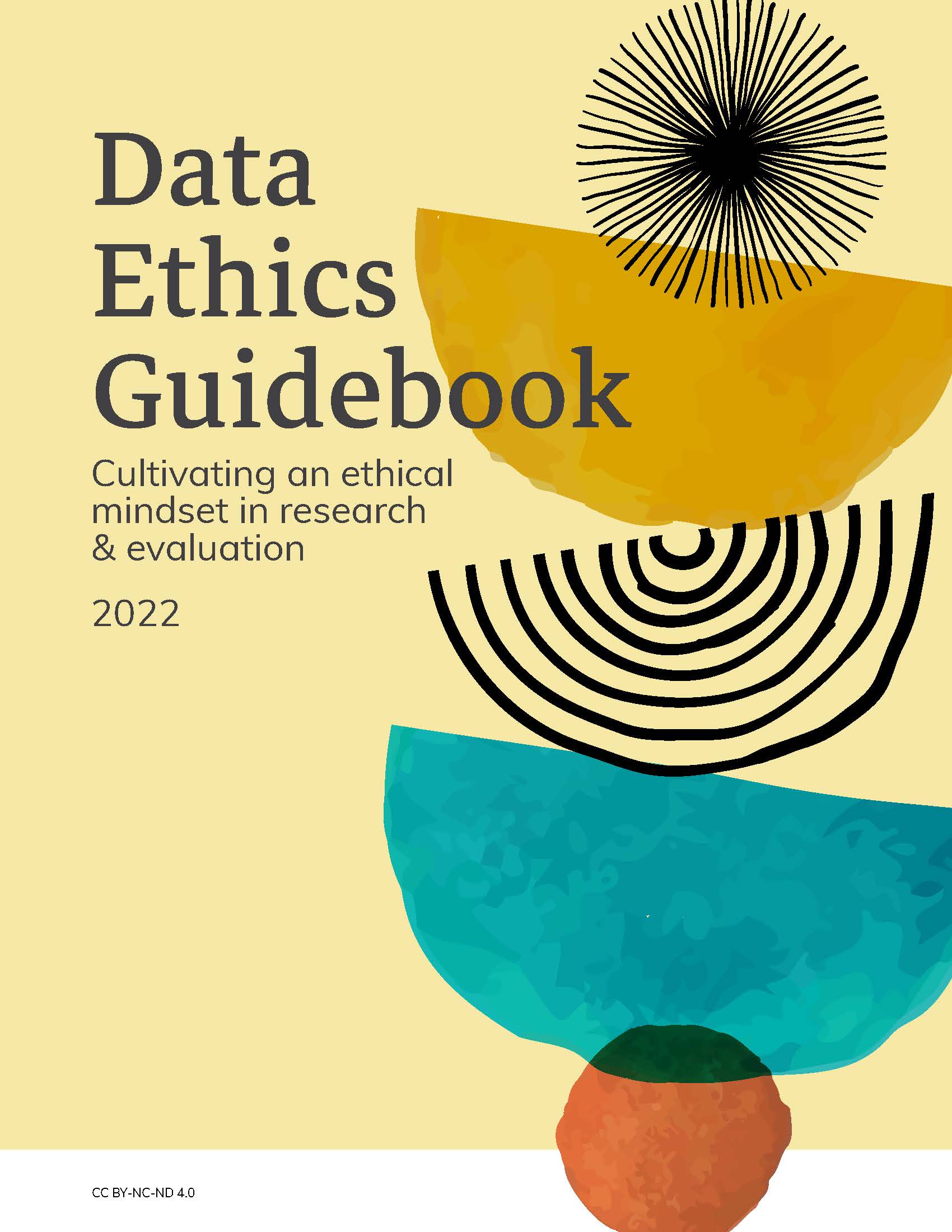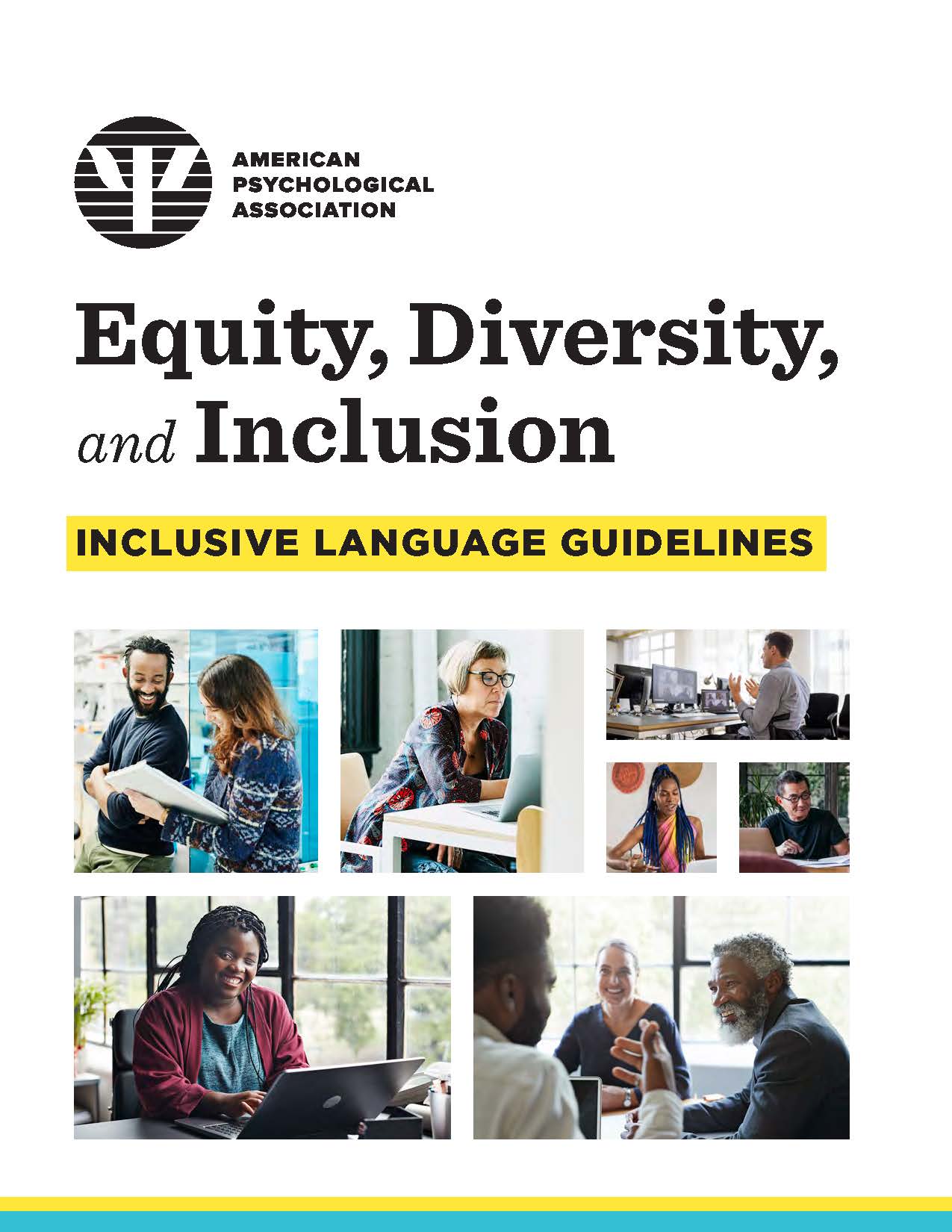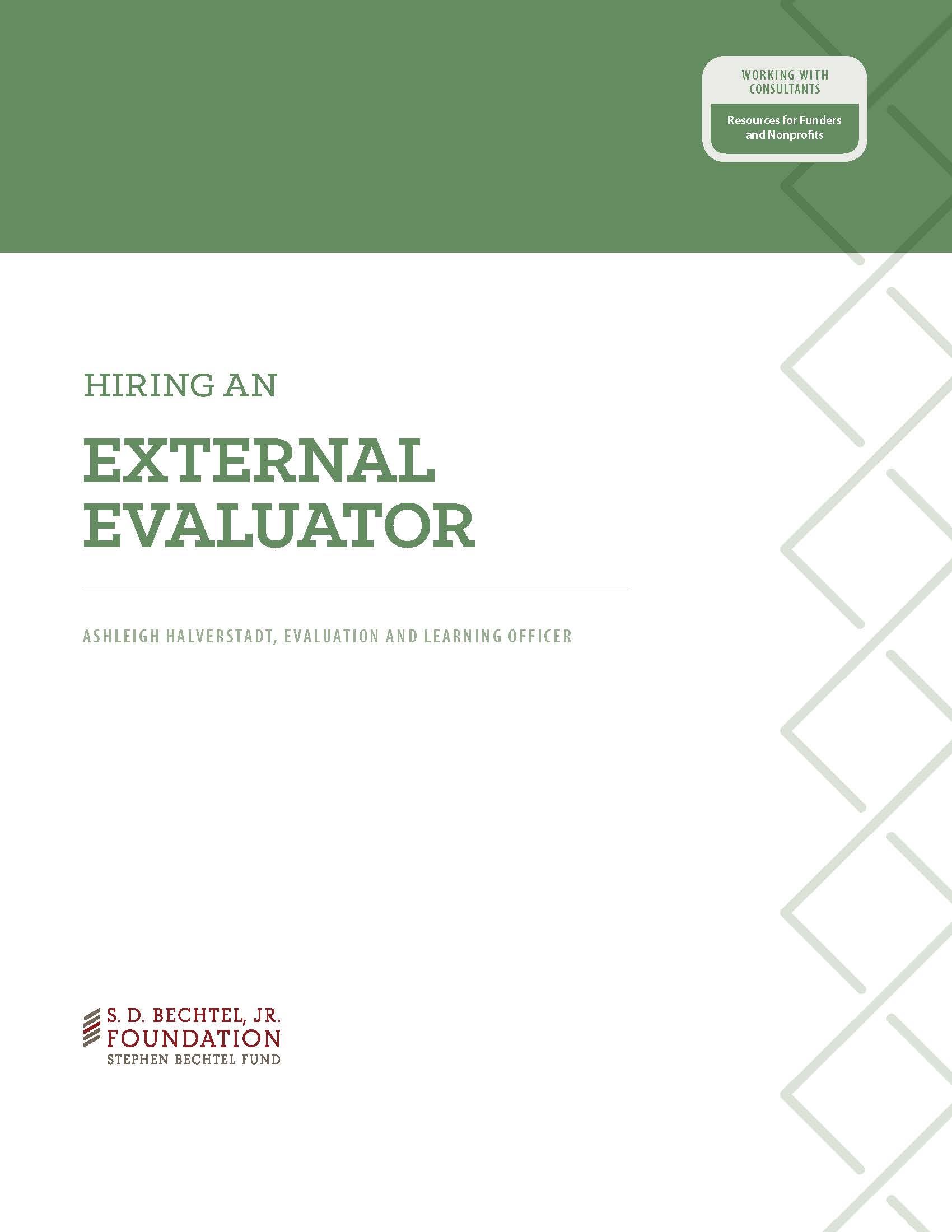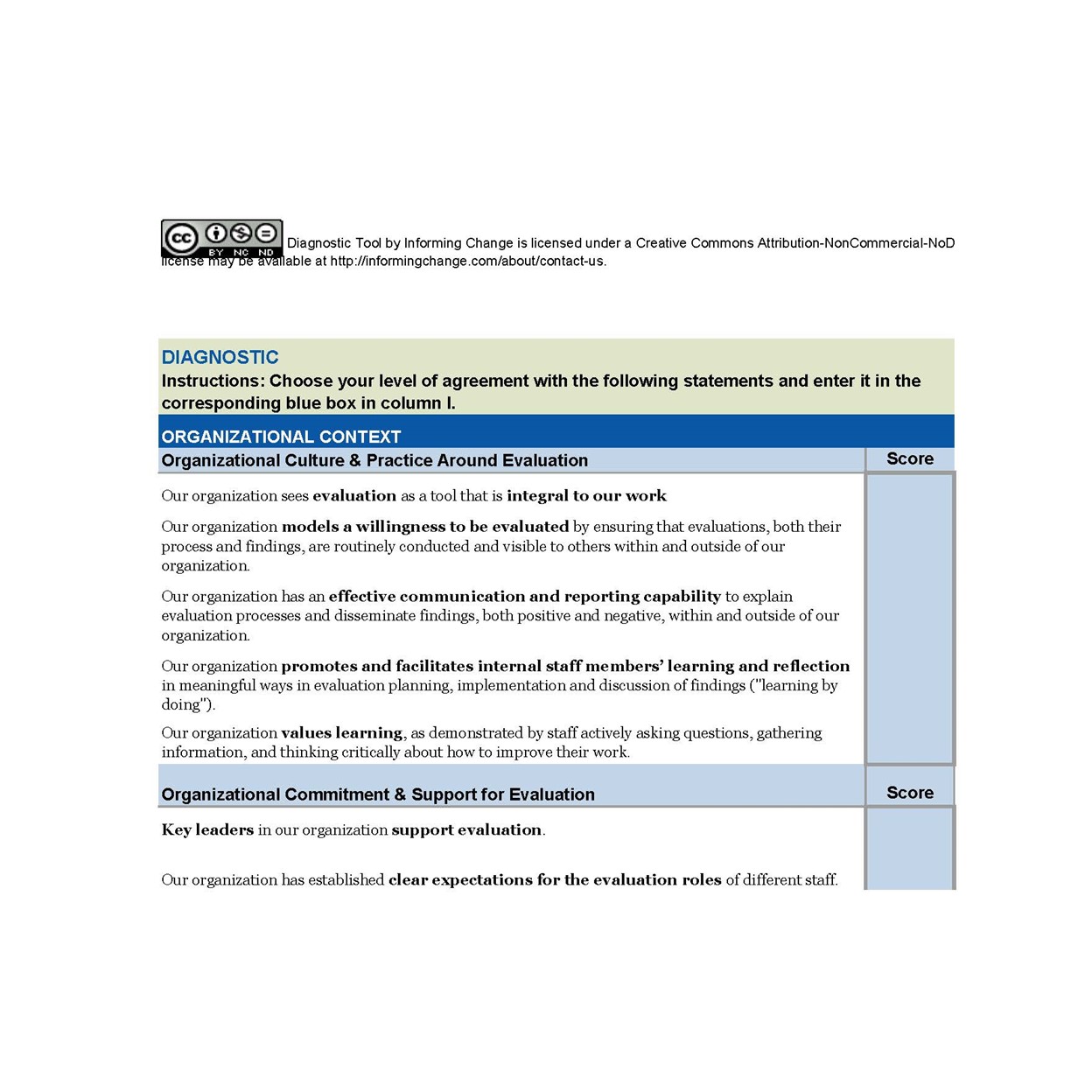From Informing Change: Data Ethics Guidebook & Toolkit
With support, and in partnership with, The David and Lucile Packard Foundation, Informing Change developed a Data Ethics Guidebook and Toolkit, offering guidance for navigating ethical issues in research and evaluation. Read about the process behind the project.
The Guidebook explores ways to “first, do no harm” in research and evaluation and then how to go beyond “do no harm” to add care or value to the process for all evaluation participants. The companion Toolkit includes teaching cases, inspired by real world data ethics challenges, that can be used to build ethical-thinking muscles for those who engage in research and evaluation work.
The Data Ethics Guidebook and Toolkit were authored by AnnJanette Rosga, Caitlin Stanton, Inti Chomsky, and David Shin.
Our team thanks all additional contributors for their experience, expertise, guidance, and services during this project (a full list of acknowledgments is included in the Guidebook). In particular, we want to express our gratitude to Andrea Lozano, Damon James, and Meredith Blair Pearlman from the Packard Foundation for their guidance, and to Welling Savo Justin and Michelle Samplin-Salgado for their editorial and design services.
Click here to view the Guidebook or here to view the Toolkit. Click the DOWNLOAD button to the right to download both PDFs in a zipped format.
From the American Psychological Association: Inclusive Language Guidelines
In 2021, the American Psychological Association released their Inclusive Language Guidelines, “written for those working to champion equity, diversity, and inclusion in the spaces that they learn, teach, work, or conduct research.” From the Foreword: “These guidelines aim to raise awareness, guide learning, and support the use of culturally sensitive terms and phrases that center the voices and perspectives of those who are often marginalized or stereotyped.”
The guidelines offer definitions for general terms related to equity and power, provides further context for why certain words or phrases commonly used in daily conversations are problematic and should be avoided, and offers suggested alternatives to use as part of an approach towards using more inclusive language and avoiding microaggressions.
The guidelines can be viewed in web form on the APA’s website here, or can be downloaded as a PDF by clicking here.
From the S.D. Bechtel, Jr. Foundation: Hiring an External Evaluator
We couldn’t be more grateful to the S.D. Bechtel, Jr. Foundation for putting together such an excellent suite of resources for hiring consultants. Of particular usefulness to our potential clients is their guide, “Hiring an External Evaluator.” This guide walks through the processes of preparing for and choosing the right evaluator, as well as how to build a strong partnership. Gems that made our hearts sing include “Being clear and specific about the purpose and audience for your evaluation is one of the most important things you can do,” and “The truth it that there is no one-size-fits-all definition of credible evidence.”
This is a must-read before engaging with us—or any consultant, for that matter.
Survey Platforms Menu
Using the Survey Platforms Menu, users can quickly compare different platforms for collecting survey data—in other words, data collected from a set of specific written questions that don’t require a interviewer. Most of the platforms we include in the menu are for online surveying, in which a user writes the questions, specifies response options, and then sends the survey electronically to respondents; however, this menu also shows options for more specialized systems of surveying:
Mobile Data Collection Systems allow users to work within a networked team of survey administrators, track information about specific cases, and collect data offline for in-the-field surveying.
- Kiosk-Based Survey Platforms are similar to online surveying except that they are designed to work at immobile surveying stations- which can be more advantageous when respondents are all attending the same event (e.g., a conference) and when respondents may not have access to their own computer.
- Live Polling Platforms allow presenters to poll their audiences in real time- and display those results in their presentations- a useful tool for presenters in encouraging audience engagement.
- Finally, Voice/Video Data Collection Systems offer data collection over the phone or via respondent-submitted videos, allowing survey data collection when typical response formats may not be possible or appropriate.
By offering this tool, we hope to expand users’ thinking on survey data collection to encompass a greater variety of options and save users time in finding the survey data collection platform most suited to their needs.
Note that the Survey Platforms Menu is current as of November 2018.
Evaluation Capacity Diagnostic Tool
This Evaluation Capacity Diagnostic Tool is designed to help organizations assess their readiness to take on many types of evaluation activities. It captures information on organizational context and the evaluation experience of staff and can be used in various ways. For example, the tool can pinpoint particularly strong areas of capacity as well as areas for improvement, and can also calibrate changes over time in an organization’s evaluation capacity. In addition, this diagnostic can encourage staff to brainstorm about how their organization can enhance evaluation capacity by building on existing evaluation experience and skills. Finally, the tool can serve as a precursor to evaluation activities with an external evaluation consultant.

The work on this page is licensed under a Creative Commons Attribution 4.0 International License.






